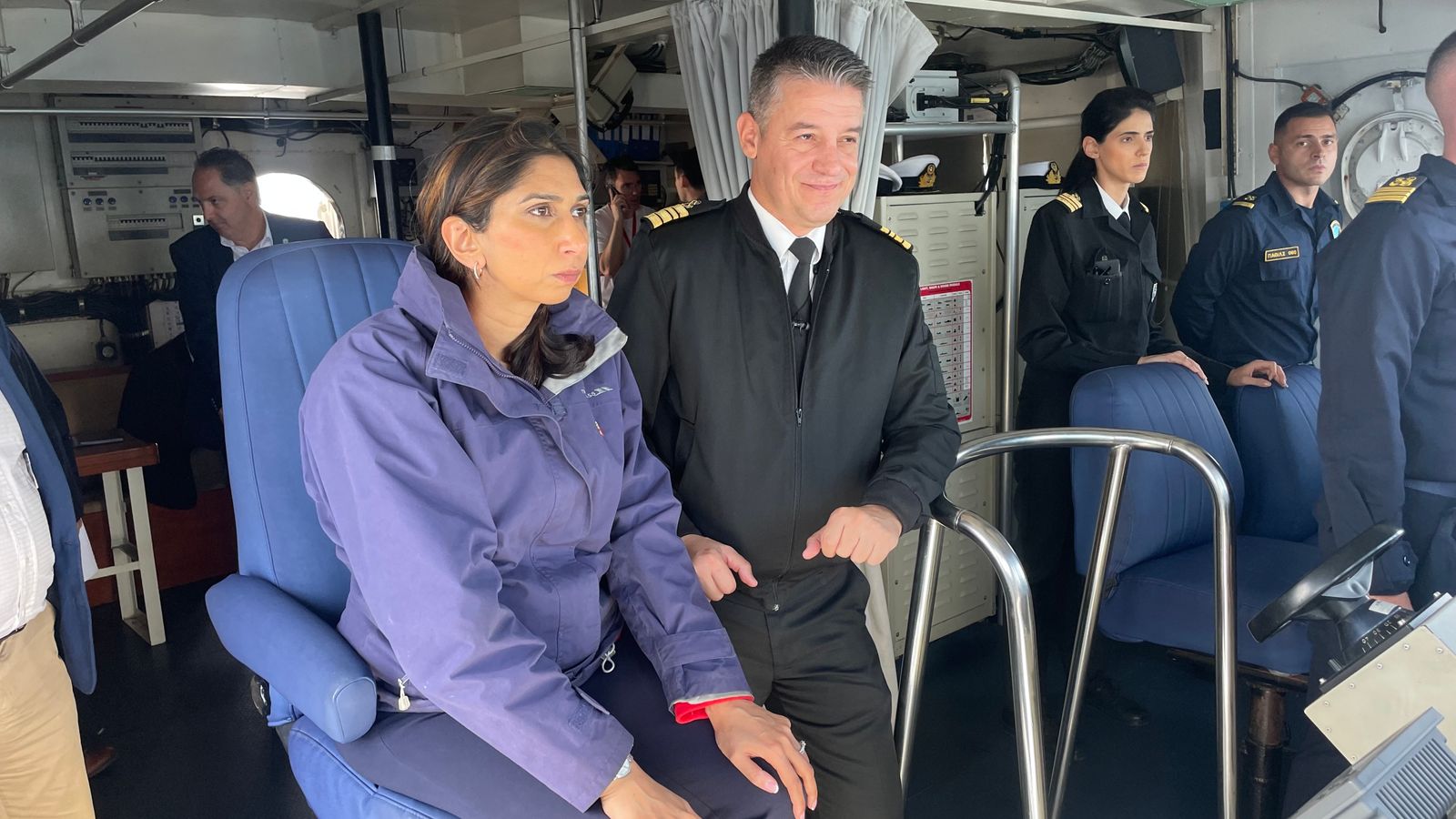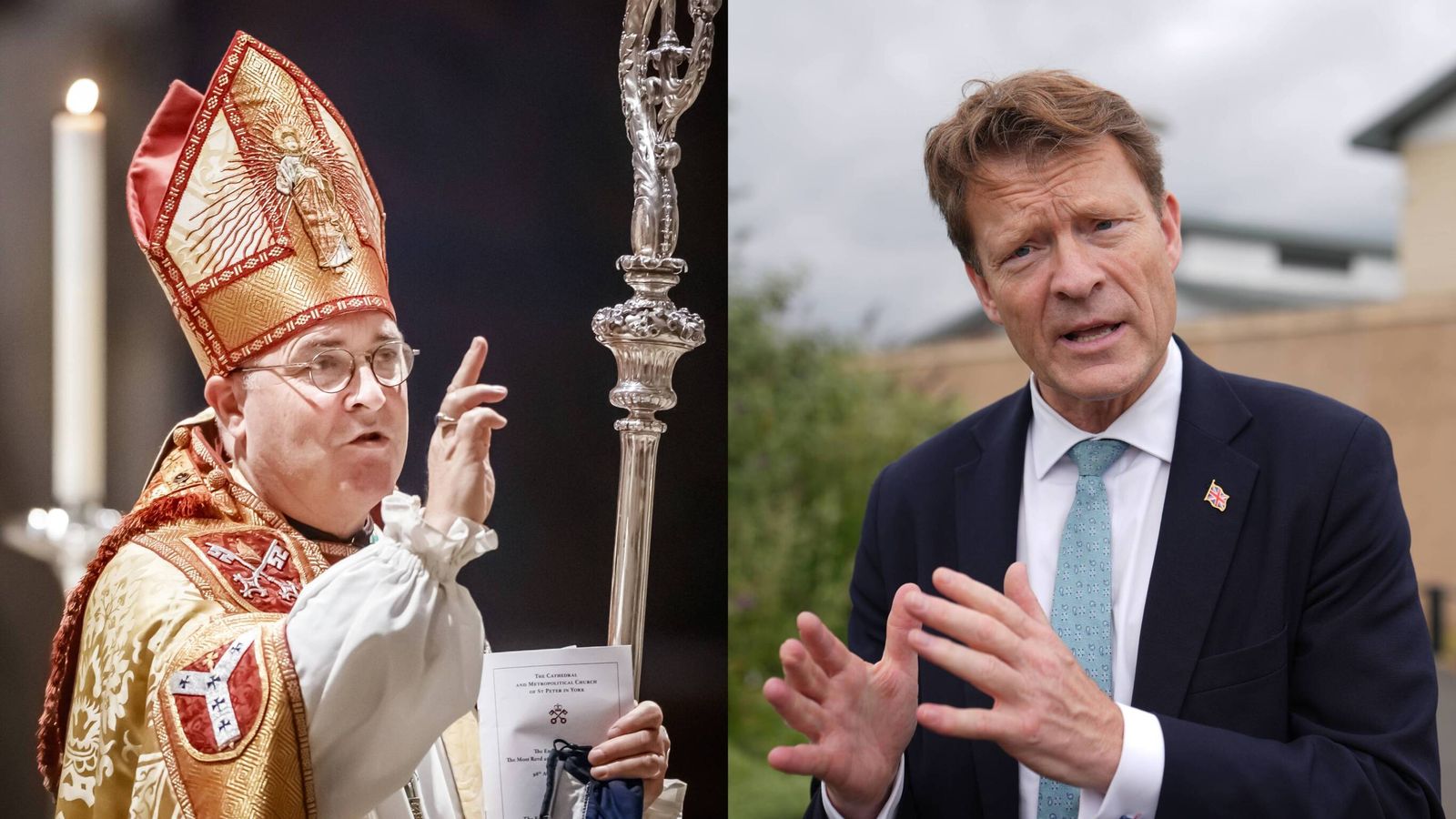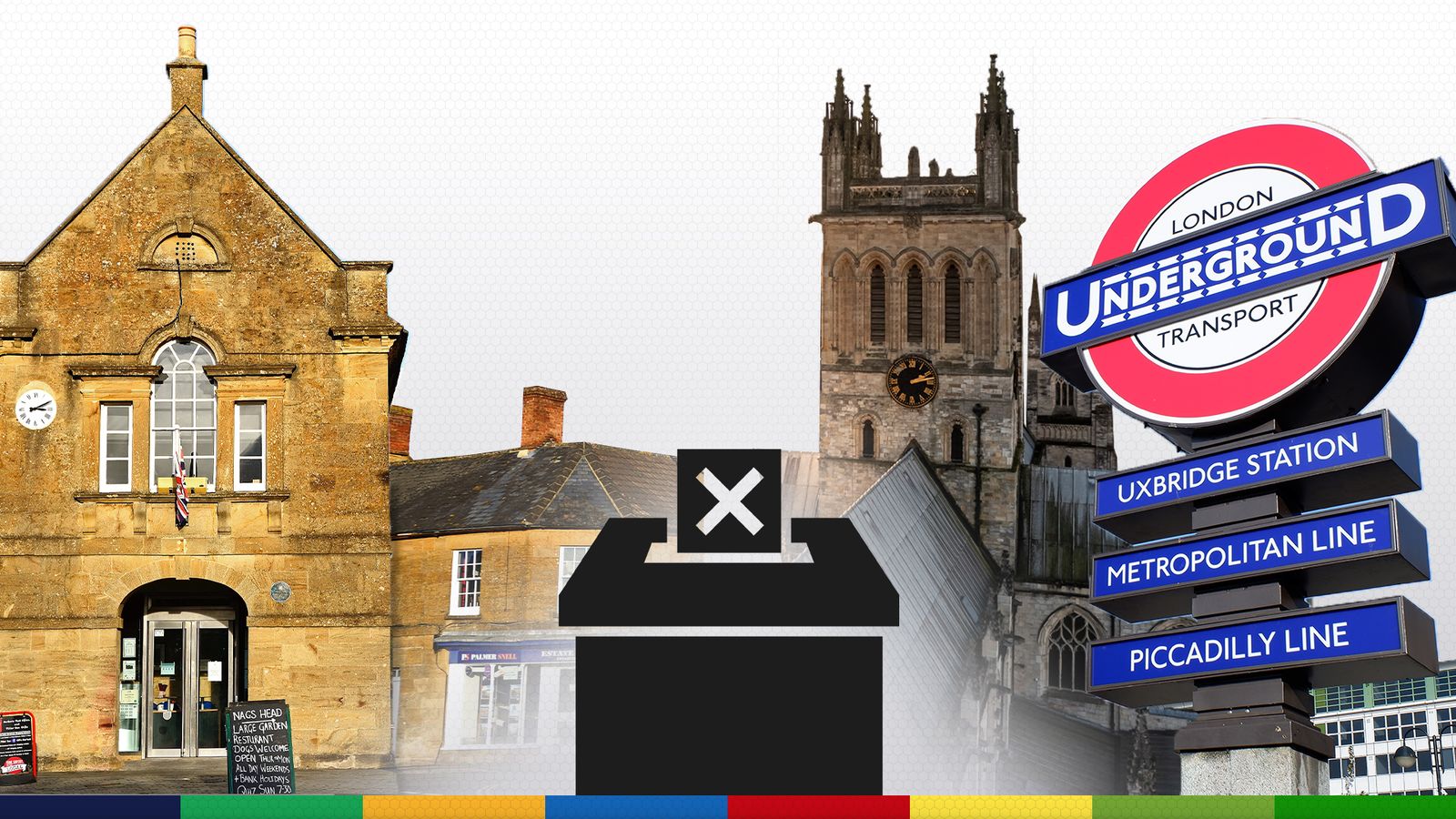The UK will take up to 20,000 vulnerable Afghans over the coming years as part of a resettlement plan, following the Taliban takeover of their country.
Under the new bespoke scheme – modelled on the UK’s seven-year programme to resettle Syrian refugees – the prime minister has promised thousands of Afghans who are most in need will be relocated to Britain.
The government aims for up to 5,000 Afghans who are at risk due to the current crisis in their country to be resettled in the UK in the scheme’s first year.
Priority will be given to women and girls, and religious and other minorities, who are most at risk of human rights abuses and maltreatment by the Taliban.
Mr Johnson, who spoke with US President Joe Biden on Tuesday night, unveiled the plans ahead of an emergency five-hour debate in the House of Commons on Wednesday on the unfolding crisis in Afghanistan.
But the prime minister has already faced calls – including from among his own Conservative MPs – to make a more generous commitment on welcoming Afghans to the UK.
The government has said the bespoke resettlement scheme will be kept under further review beyond its first year, with up to a total of 20,000 Afghans offered relocation in the long-term.
Yet former cabinet minister David Davis, a one-time Conservative leadership contender, said the UK should be looking to accept more than 50,000 Afghans due to a “more direct moral responsibility” following Britain’s two decades’ of military intervention in Afghanistan.
The SNP’s Westminster leader Ian Blackford said the UK should aim to grant asylum to 35,000 or more Afghan refugees, while the Liberal Democrats said the resettlement of 20,000 Afghans in Britain should be “the starting point” and “not the target”.
Labour said the government’s proposed resettlement scheme “does not meet the scale of the challenge” and risked “leaving people in Afghanistan in deadly danger”.
As well as questions over the UK’s commitment to vulnerable Afghans, Mr Johnson is also likely to face a Commons grilling over the current efforts to evacuate British nationals from Afghanistan, as well as the speed with which the Taliban were able to retake control of the country of nearly 40 million people.
Foreign Secretary Dominic Raab could also face questions about why he was abroad on holiday when the Taliban entered Afghanistan’s capital Kabul.
The Syrian resettlement scheme saw 20,000 refugees relocate to the UK between 2014 and its closure earlier this year.
The Home Office admitted the new Afghanistan scheme faced “significant challenges” due to the “complex picture on the ground” in the country, but said ministers were “working at speed” to address those obstacles.
The prime minister is expected to discuss with other world leaders – at a virtual G7 meeting in the coming days – how a system can be developed to identify those most at risk in Afghanistan.
The new Afghanistan scheme is separate to the existing Afghan Relocations and Assistance Policy (ARAP), which offers any current or former staff employed by the UK in Afghanistan – and whose lives are judged to be under serious threat – priority relocation to the UK.
Some 5,000 former Afghan staff and their family members are expected to be relocated to the UK by the end of this year under ARAP.
Since June, more than 2,000 former Afghan staff and their families have already been resettled in the UK under the policy.
Work continues to evacuate both British nationals, their families and former Afghan staff from Afghanistan on military flights.
Amid warnings of a “horror show” in Afghan capital Kabul as people struggle to reach planes in order to leave the country, the man in charge of the UK’s evacuation effort admitted that it was up to those fleeing to make their own way to the city’s airport.
“Much of that journey actually is for them to undertake,” said Vice Admiral Sir Ben Key, the commander of joint operations, as he offered a stark assessment of the extent of Afghanistan’s collapse into Taliban control.
“It’s quite obvious that the Taliban are now the prevalent security providers across Afghanistan, that’s a fact,” he added.
Since Saturday, 520 British nationals, diplomats and former Afghan staff have left the country on UK military flights.
Sir Ben said a total of between 6,000-7,000 British nationals, entitled persons and ARAP staff might need evacuating, although he admitted “we don’t really know” how long the UK will have to get them out of the country.
The Home Office said the new resettlement scheme for Afghan refugees would “not compromise on national security” and each person arriving on the route would have to pass strict security checks.
Commenting on the scheme, the prime minister said: “We owe a debt of gratitude to all those who have worked with us to make Afghanistan a better place over the last 20 years.
“Many of them, particularly women, are now in urgent need of our help. I am proud that the UK has been able to put in place this route to help them and their families live safely in the UK.
“The best solution for everyone is an Afghanistan that works for all Afghans.
“That means the international community coming together to set firm, political conditions for the country’s future governance.
“And it means focusing our efforts on increasing the resilience of the wider region to prevent a humanitarian emergency.”
Home Secretary Priti Patel said the scheme would “save lives”.
“We will not abandon people who have been forced to flee their homes and are now living in terror of what might come next,” she added.





